Celebrate National Poetry Month with us at Bucknell University Press! We’ve compiled a list of some of our favorite poetry collections and books about poetry.
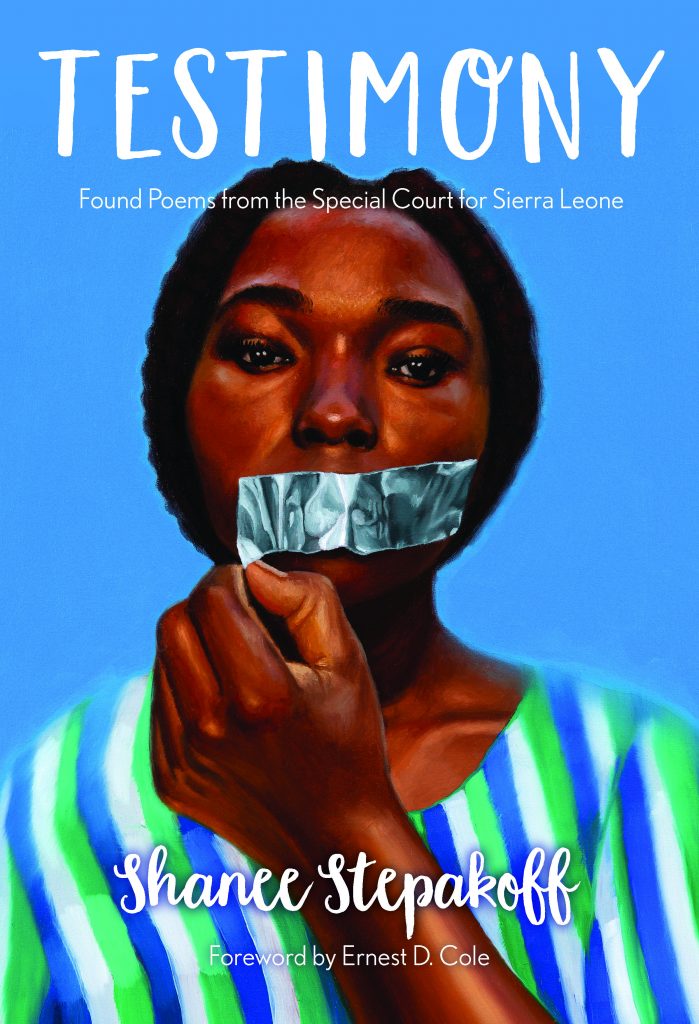
Testimony: Found Poems from the Special Court for Sierra Leone
by Shanee Stepakoff
Derived from public testimonies at a UN-backed war crimes tribunal in Freetown, this remarkable poetry collection aims to breathe new life into the records of Sierra Leone’s civil war, delicately extracting heartbreaking human stories from the morass of legal jargon.
White Light: The Poetry of Alberto Blanco
by Ronald J. Friis
White Light: The Poetry of Alberto Blanco examines the interplay of complementary images and concepts in the award-winning Mexican writer’s cycle of poems from 1979 to 2018.
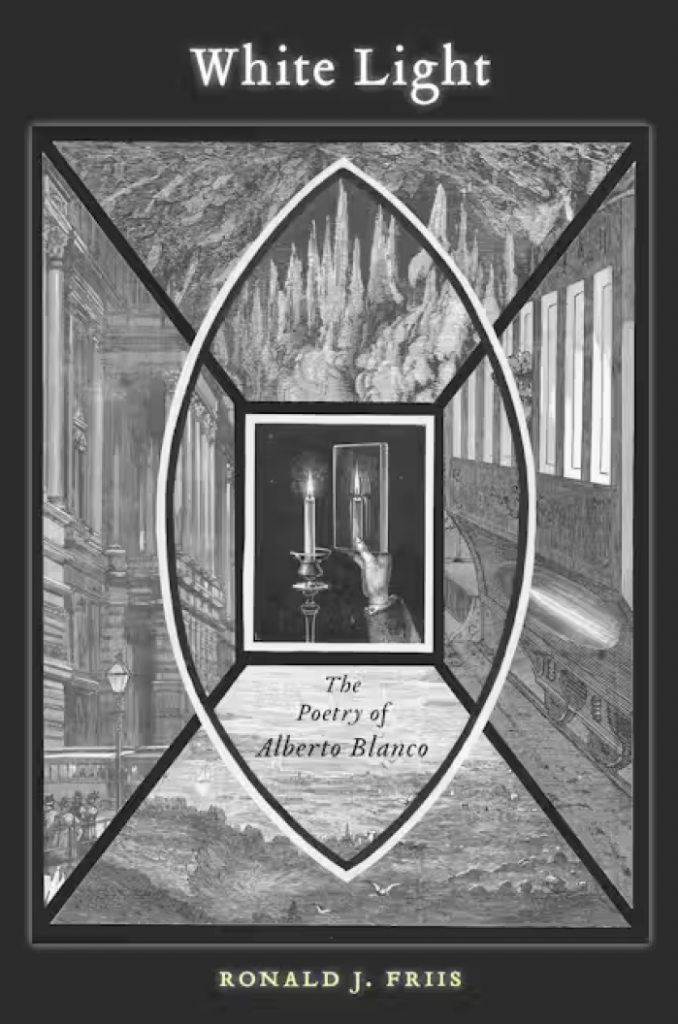
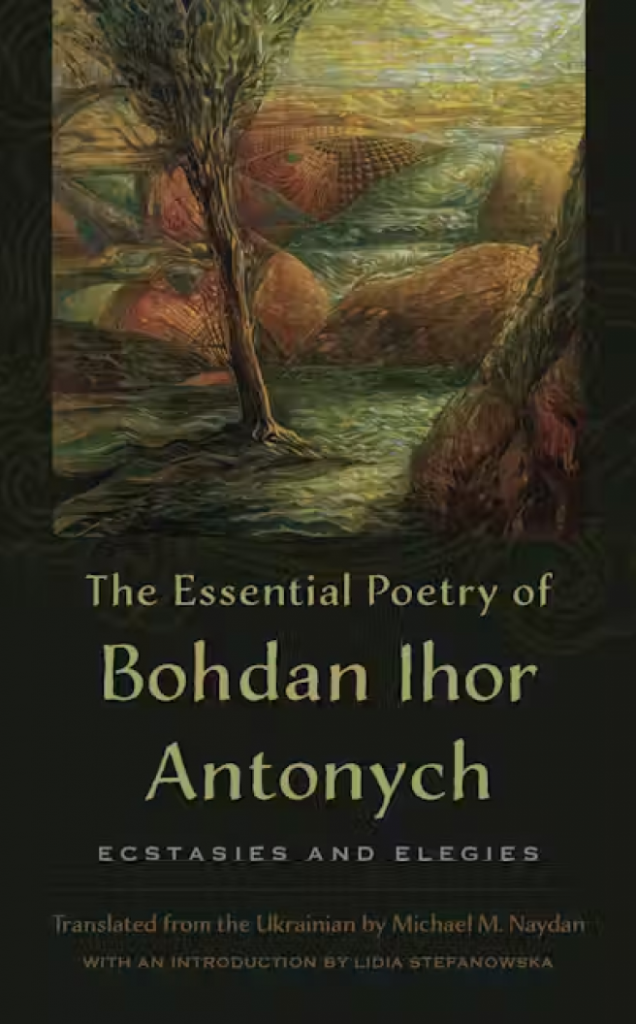
New in paperback!
The Essential Poetry of Bohdan Ihor Antonych: Ecstasies and Elegies
Translated by Michael M. Naydan
This essential collection introduces Antonych’s work to new audiences, and includes many first-time English translations, a biographical sketch by Michael M. Naydan, and a comprehensive introduction by Lidia Stefanowska, one of the world’s leading experts on the work of this remarkable Ukrainian poet.
Transpoetric Exchange: Haroldo de Campos, Octavio Paz, and Other Multiversal Dialogues
Edited by Marilia Librandi, Jamille Pinheiro Dias, and Tom Winterbottom
Transpoetic Exchange illuminates the poetic interactions between Octavio Paz (1914-1998) and Haroldo de Campos (1929-2003) from three perspectives: comparative, theoretical, and performative. Both poets signal the direction of poetry as that of translation, understood as the embodiment of otherness and of a poetic tradition that every new poem brings back as a Babel re-enacted.
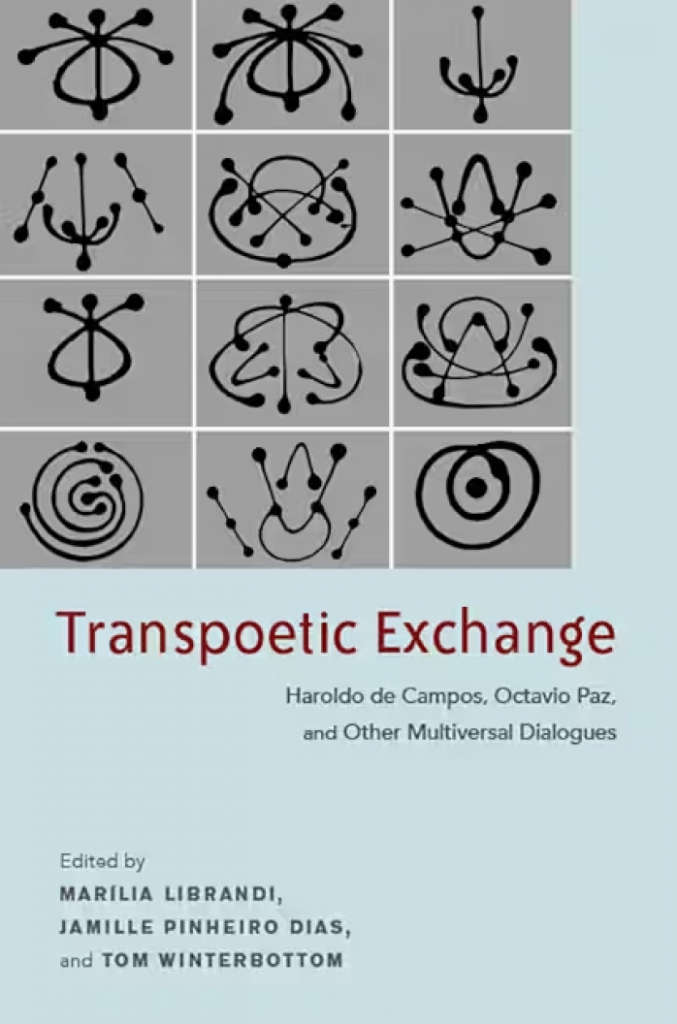
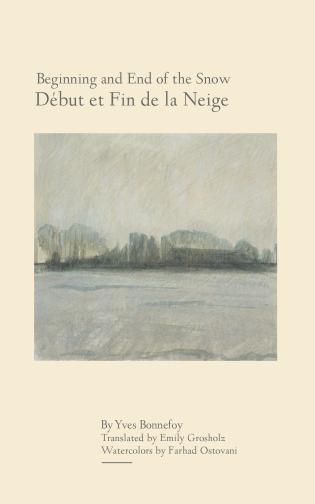
Translated by Emily Grosholz
Yves Bonnefoy’s book of poems, Beginning and End of the Snow followed by Where the Arrow Falls, combines two meditations in which the poet’s thoughts and a landscape reflect each other. The wintry New England landscape he encountered while teaching at Williams College evokes the dance of atoms in the philosophical poem of Lucretius as well as the Christian doctrine of death and resurrection.